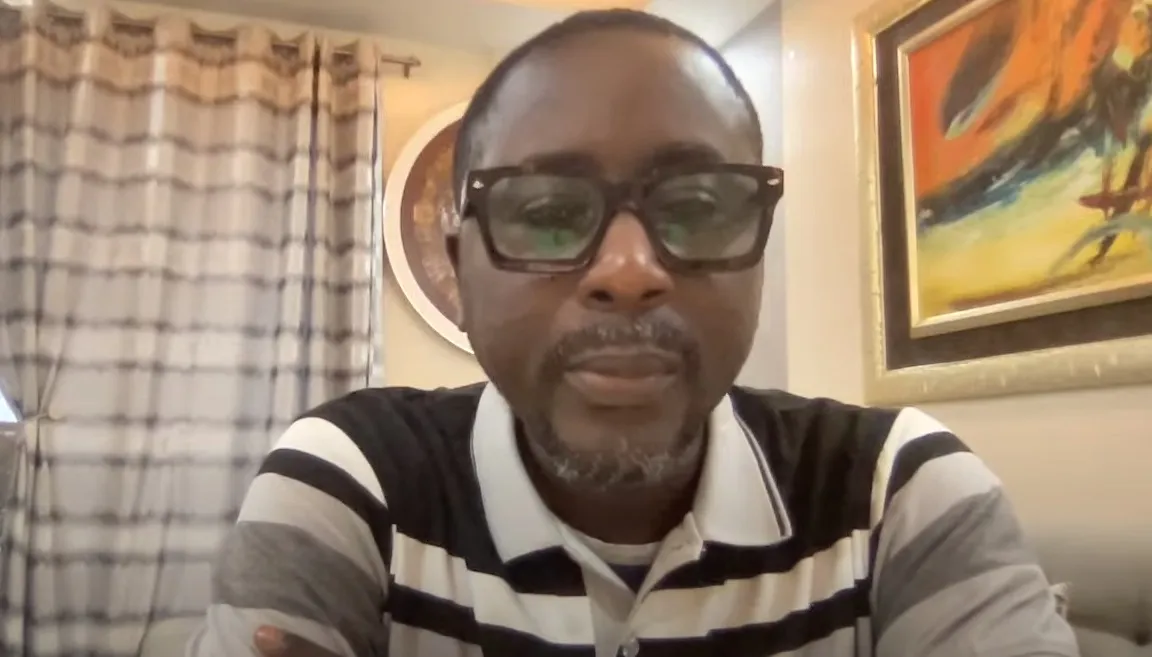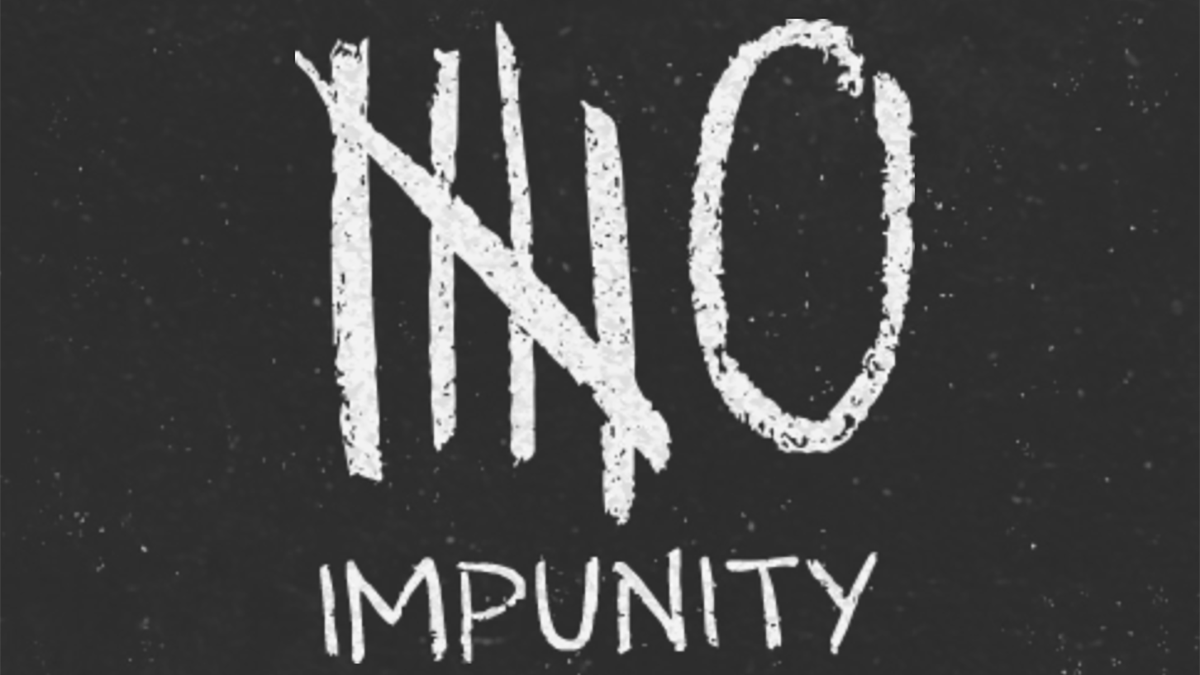The global event marking this year’s International Day to End Impunity for Crimes against Journalists will be held at the headquarters of the Organization of American States (OAS) in Washington D.C. on November 2-3. It is being marked under the theme “violence against journalists, the integrity of elections, and the role of public leadership.”
In line with this theme, the Media Foundation for West Africa (MFWA) hereby urges West African leaders, media and political actors, civil society and governments to take stock of the deteriorating election standards, the return of military regimes and its impact on the work of journalists as well as the increasing disillusionment with democracy among the citizens, in order to chart a new course towards restoring the sub-region’s reputation as a bastion of democracy in Africa.
West Africa was long touted as one of Africa’s most democratic enclaves. Elections in the sub-region were generally judged free and fair; changes in government through the ballot were fairly regular and constitutional term limits largely respected. However, the past four years have seen considerable regression characterised by copycat military takeovers in four countries; Guinea, Mali, Burkina Faso and Niger, besides a failed attempt in Guinea Bissau. The press freedom and safety of journalists’ situation in West Africa have deteriorated sharply as a result.
Working conditions for journalists in West Africa’s Sahel countries
The autocratic tendencies of military governance have worsened the precarious security conditions in which journalists work, particularly in the three Sahel countries where jihadist groups have been very active. Journalists and civil society activists in Niger, Burkina Faso and Mali practise widespread censorship due to the precarious security situation. Journalists operate with extreme caution, anxious not to provoke the government or the rebels. Journalists’ movement is heavily restricted by the security situation, with the risk of being killed or kidnapped very high. The restriction of movement also makes it difficult to access information to independently verify official information and claims made by the insurgents. Moreover, contradicting any side carries a high risk of being targeted. The governments also weaponise laws on terrorism to silence criticism of excesses committed by government forces during their counter-terror operations.
Another critical dimension of the problem is the growing influence of Russia on the troubled Sahel countries, which has introduced an intense propaganda war against the West and its values including democracy itself. The phenomenon led to the imposition of a culture of “pensée unique” or one-track thinking which requires uncritical support for the state and its position on international affairs. To enforce the culture of either silence or submissive journalism, critical local media organisations have been suspended or threatened with closure while almost all foreign, particularly France-owned media, have become unwanted elements in Burkina Faso, Mali and Niger. The junta governments have resorted to the arrest and detention of critical journalists and bloggers, dissidents and political opponents, closure of media organisations with divergent editorial lines and repatriation of foreign correspondents.
Guinea’s government has dissolved the main political pressure group, Front National pour la Defense de la Constitution (FNDC), and banned all public marches and processions, effectively shutting the civic space. On October 16 this year, the security forces unleashed violence against a procession of journalists demanding an end to the restriction of access to the news website, Guineematin. A dozen journalists were detained and later arraigned for unlawful assembly, after being assaulted.
Besides the coup-hit countries, the leading lights of democracy and press freedom, Ghana, Senegal and Benin have in recent years descended into autocracy, recording press freedom violations on a scale and severity that defy their reputation.
Elections standards
In addition to the return of junta regimes, there has been a noticeable decline in the standards of elections with the outcome of elections in Ghana and Nigeria having to be bitterly contested in the courts. Sierra Leone’s opposition has boycotted Parliament in protest at the results of the country’s presidential elections while Benin’s Parliament has no opposition representation as a result of a controversial change in electoral laws that made it almost impossible for the opposition to field candidates. In Senegal, the government has by decree barred the main opposition figure, Ousmane Sonko from the February 2024 polls. In what can be described as a systematic purge of the top brass of Sonko’s party, PASTEF-Les Patriotes, the party’s National Secretary, Secretary General, Second Ranking Member and Communication Officer, among a dozen others, have been imprisoned.

Several other religious leaders, Civil Society actors and individuals who have gone out to criticize the Macky Sall government over its iron-fist handling of the Sonko case have been imprisoned.
Clearly, tactics such as these and other acts such as the manipulation of national constitutions or the judiciary for political ends are in clear breach of the African Charter on Democracy, Elections, and Governance (2012). Article 2 of the Charter urges State parties to, among others:
Promote adherence to the universal values and principles of democracy and respect for human rights;
Promote and enhance adherence to the principle of the rule of law premised upon the respect for, and the supremacy of, the Constitution and constitutional order;
Promote the holding of regular free and fair elections to institutionalize legitimate authority of representative government as well as democratic change of governments; and
Prohibit, reject and condemn unconstitutional change of government in any Member State as a serious threat to stability, peace, security and development.
Election-related violence against journalists
A new UNESCO report indicates that from January 2019 to June 2022, 759 journalists and media professionals were attacked during elections in 70 countries across the world, 42% of whom were attacked by law enforcement agents.
As Nigeria’s February 2023 presidential elections drew near, the MFWA published this report about the serial attack on journalists, especially by the ruling party or persons linked to the ruling party. After the elections, we published this statement detailing the attacks on journalists during the polls and urged the authorities to ensure that the victims receive justice. The European Union Observer Mission also issued a report blaming police inaction for the several attacks on the media during the election, which we highlighted.
Ghana’s 2020 elections also recorded a number of attacks on journalists including a near-fatal incident in which Pius Kwanin Asiedu, a reporter for news website newswatchgh.com, was shot in the left leg at a collation Centre in Accra. The journalist was rushed to the hospital where the bullet hole in the leg was plugged with a metallic piece.
As indicated above, the build-up to Senegal’s 2024 elections has been tempestuous. Indeed, the path to elections in Senegal is already strewn with blood, tension and violence. Sadly, journalists have not been spared the consequences of the bad temper. The three-time detention of investigative journalist Pape Alé Niang highlights the deteriorating press freedom environment in Senegal. Other journalists arrested in connection with the politically-sensitive Ousmane Sonko case are Serigne Saliou Guèye, editor of the daily Yoor-Yoor; Pape Ndiaye, a journalist with the Walfadjri television station; Babacar Touré, and Oustaz Assane Seck, preacher and columnist on Sen TV. The authorities have also on several occasions cut the signal of the critical television station Walf TV because of its coverage of the political scene.

The widespread election-related violence against the media also infringes on Article 20 of the African Charter on Democracy, Elections, and Governance (2012). Article 2(10) – This article states that the Charter seeks to:
Promote the establishment of the necessary conditions to foster citizen participation, transparency, access to information, freedom of the press, and accountability in the management of public affairs.
The attacks on the media also contravenes Article 27(8) which urges State parties to, among others, commit themselves to promoting freedom of expression, in particular, freedom of the press and fostering a professional media.
The MFWA bemoans the failure of the various governments to ensure, or even allow, the effective functioning of state institutions and constitutional bodies including electoral bodies, anti-corruption agencies and the police which has undermined democracy in the sub-region.
We are alarmed at the fact that the police are among the leading perpetrators of violence against journalists, which hinders appropriate investigations and prosecution of attacks on journalists.
Recommendations
We call on governments in West Africa to ensure effective protection of journalists, especially during elections, in accordance with the new UNESCO guidelines on the protection of journalists during elections.
We call on all states in the region to ensure that their laws on national security, public order and counter-terrorism are in line with international human rights laws.
We urge all governments in West Africa to ensure that media regulatory bodies are truly independent and their members are selected in an inclusive manner.
We urge the media to shed its inertia with regard to the issue of the safety of journalists which has manifested in their failure to follow-up on violations to ensure the prosecution of perpetrators of attacks on journalists.
Finally, we urge the authorities in the various countries to ensure effective and timely investigation and prosecution of attacks on journalists, especially during electoral periods.





